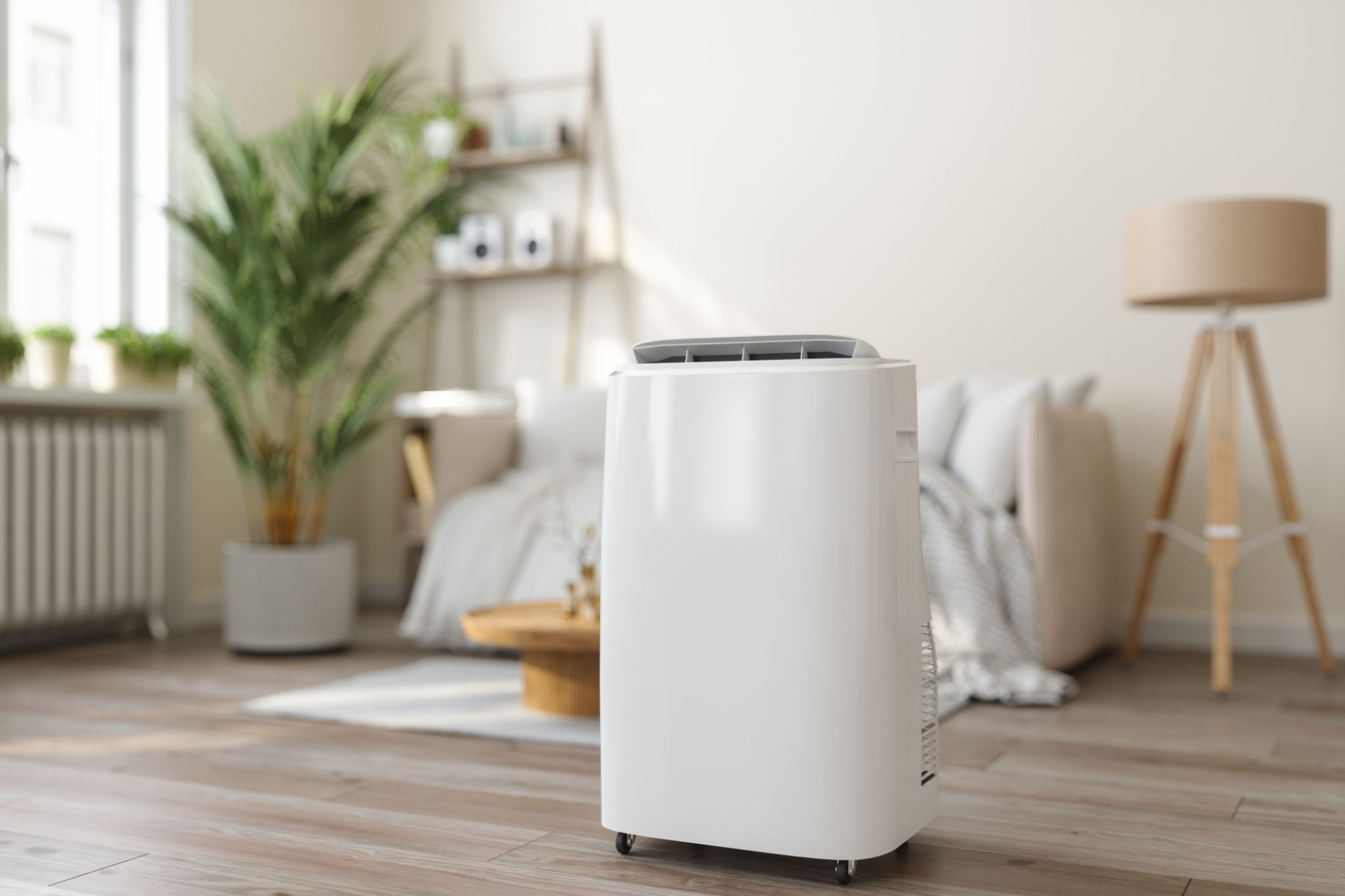How to Maintain and Protect Your Textured Walls in Humid Climates
Understanding Textured Walls
Textured walls add depth and character to any room, but they also require special care, especially in humid climates. The unique patterns and surfaces can trap moisture, which might lead to issues like mold or discoloration. Proper maintenance and protection are essential to keep your textured walls looking their best.

Regular Cleaning Routine
To maintain the appearance of textured walls, it's crucial to establish a regular cleaning routine. Start by dusting the surface using a microfiber cloth or a vacuum cleaner with a brush attachment. This will help remove dust particles that can settle into the crevices.
For deeper cleaning, mix a mild detergent with water and gently scrub the walls with a soft-bristled brush. Be cautious not to apply too much pressure, as this could damage the texture. Rinse with clean water and pat dry with a soft towel.
Avoid Excess Moisture
In humid climates, excess moisture is a common problem that can affect textured walls. To prevent this, ensure proper ventilation in rooms with high humidity like kitchens and bathrooms. Use exhaust fans or dehumidifiers to reduce moisture levels. Keeping windows open when possible can also help in maintaining airflow. You can also utilize the "Dry" feature in your air conditioner once a week to keep the room dry.

Protective Measures
Before applying any texture on the walls, we recommend applying a molecular sealant first. Applying a molecular sealant, can offer an extra layer of protection for your textured walls. Choose a sealant that is specifically designed for the type of material your wall texture is made from. This not only protects from moisture, but also makes cleaning easier by preventing dirt and grime from settling into the texture.
Another protective measure is to use lime paint. This type of paint lets the walls breathe and helps in combating mold and mildew growth, which is particularly useful in humid environments. Ensure that the surface is clean and dry before applying any products for effective results.
Regular Inspections
Regular inspections are critical in identifying potential problems early. Look for signs of mold, peeling paint, or any discoloration. Addressing these issues promptly can prevent further damage and maintain the integrity of your textured walls.

Repair and Maintenance
If damage occurs, such as chips or cracks in the texture, it’s important to address them quickly. Small repairs can be done using patching compounds designed for textured surfaces. For more extensive damage, consider consulting a professional to ensure the texture is restored correctly.
By following these maintenance tips, you can enjoy the aesthetic appeal of textured walls while minimizing the impact of humid climates. Consistent care and attention will keep your walls looking vibrant and lasting for years to come.
